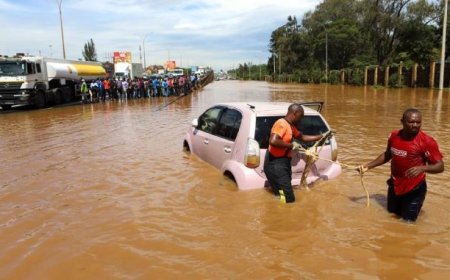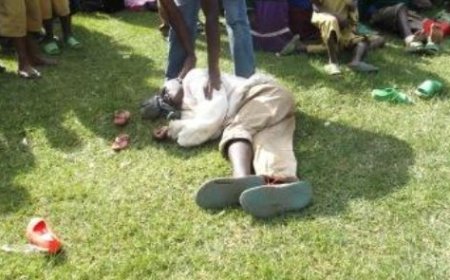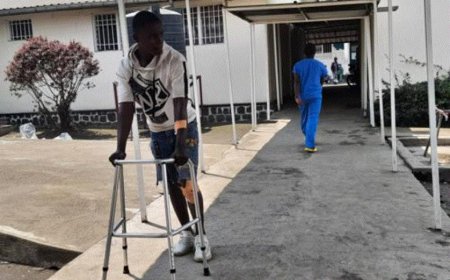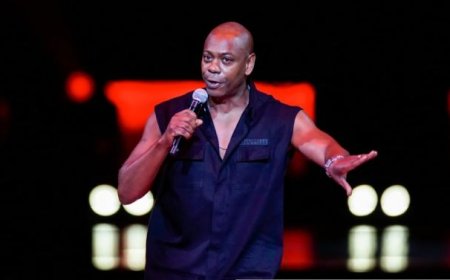“The international community has betrayed all of us”: President Kagame of Rwanda
In Rwanda, President Paul Kagame lit the flame of remembrance at the Gisozi memorial on the morning of Sunday, April 7, to launch the commemorations of the 30th anniversary of the Tutsi genocide, before the official ceremony. The genocide left more than 1,000,000 dead.
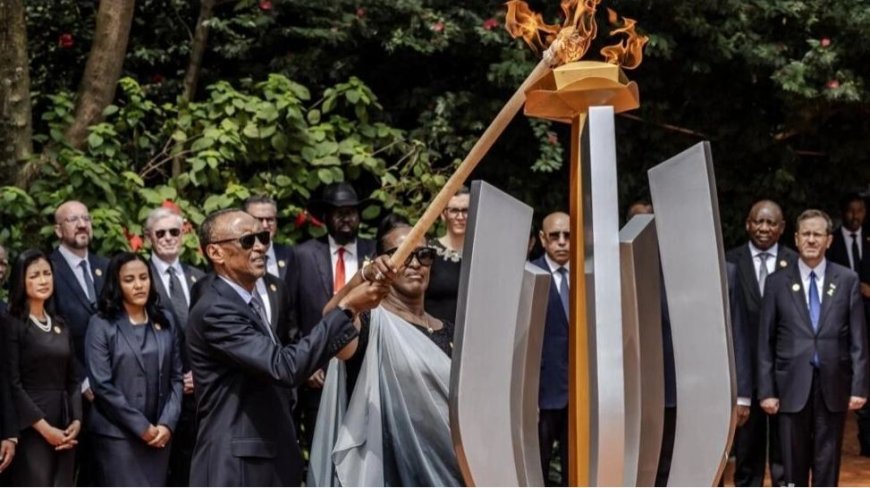
Five thousand guests including more than thirty heads of state, government, former presidents and representatives of international organizations were all gathered around this black stage with, in its centre, a large tree of light in the BK Arena stadium, where the ceremony lasted at least 2 hours.
Half a dozen speeches were delivered, punctuated by artistic performances as well as speeches focused on memory, but also around silence and the responsibility of the international community because it was necessary to “wait until June 8 1994, three months after the start of the massacres, for the United Nations finally speaking of acts of genocide,” declared the Rwandan Minister of National Unity and Civic Engagement, Jean-Damascene Bizimana.
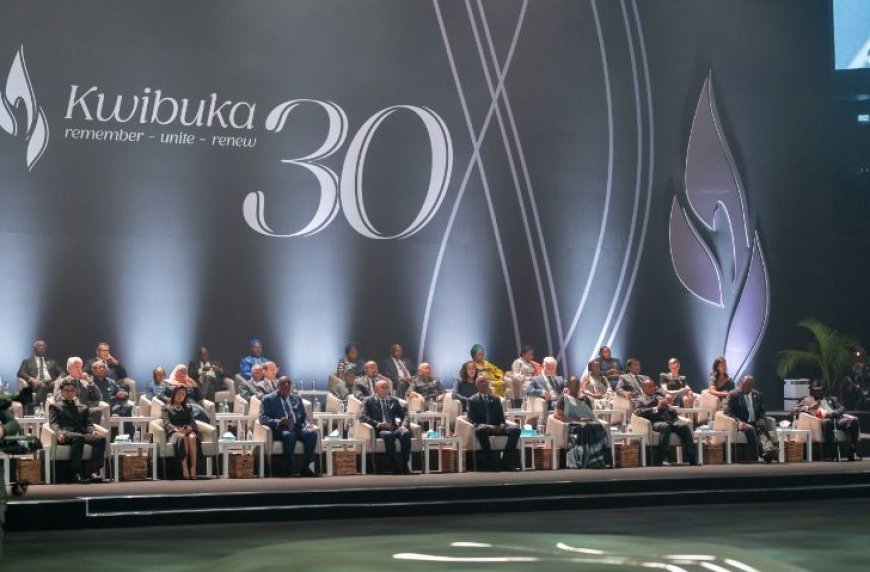
Sadness and gratitude
“No one, not even the African Union, could exonerate itself from its inaction,” commented the president of the AU Commission Moussa Faki Mahamat, a past from which “we must learn lessons,” according to President Paul Kagame.
In his speech, he called on African leaders to reject tribal policies and ethnic cleansing and salute the new Rwandan generation, “guardians of our future and the foundation of our unity”, he stated.
“Today, our hearts are filled, in equal measure, with sadness and gratitude. We remember our dead but are happy to see what Rwanda has become. To the survivors here, we owe you a debt. We have asked you the impossible: to carry the weight of reconciliation on your shoulders and continue to do so for our nation,” He added.
President Paul Kagame also declared “Our journey has been long and difficult. Rwanda was deeply humiliated by the magnitude of our losses, and the lessons we learned are etched in blood. But the tremendous progress made by our country is evident and is the result of our choices to renew our nation with, as its essential foundation, the notion of unity. Now we have a responsibility to each other.”
“Today, we also feel a special gratitude for our friends from all over the world who are here with us. Some countries represented today have sent their sons and daughters on peacekeeping missions to Rwanda. The international community has betrayed all of us, whether through contempt or cowardice,” he highlighted.
He noticed that for him, these 30 years of commemorating the genocide also meant giving space to young people so that they could also talk about it, not as Tutsi or Hutu, but to talk about it in a country where Rwandans are Rwandans.
“It is important for young people to integrate into this way of acting to develop our country,” he said.

 Kinyarwanda
Kinyarwanda
 English
English









